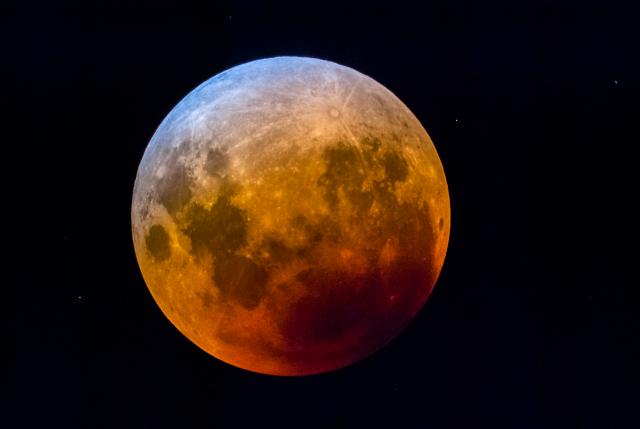By Tyler Wright
A red tinge is expected to permeate the sky tonight as the moon enters a total eclipse, with Yarra Ranges residents able to experience the last total blood eclipse until 2025.
Mount Burnett Observatory Society committee member Jacquie Milner said while there is an eclipse season every five months, we do not always get to experience a total lunar eclipse where the earth, moon and sun align, with the only light reaching the moon’s surface passing first through Earth’s atmosphere.
“There was a total lunar eclipse back in May, but Australia was on the wrong side of the world to see it, and there won’t be another one for another three years as it turns out, so we’re making an effort to see this one” Ms Milner said.
“It’s not that we won’t see any lunar eclipses ever again, it’s just a bit of a break in between seeing a total one; and that’s where we get the nice colour as it passes through the full shadow of the earth.”
Yarra Ranges residents will be able to pull up a chair in their yards and enjoy the total lunar eclipse, also known as the blood eclipse due to its hue, from around 9.15pm to 10.40pm, when the moon is fully shadowed (known as umbra),
Umbra will occur at around 10pm, but Ms Milner said the event will be low in the sky for people watching from the north east horizon.
“Don’t expect it to happen in a hurry. It will happen over several hours, so you’ve got plenty of time to catch it,” Ms Milner said.
“I would say to people, set an alarm for the crucial parts or duck outside every half an hour to get the main parts, because it happens very slowly.
“It’s good enjoyed with other people because it happens so slow[ly].”
Ms Milner said statistics show there are more solar eclipses compared to lunar events, but we are more likely to see a lunar eclipse in our lifetime because it covers more of the earth.
“With a solar eclipse, you have to be in a very specific spot to see it, and we will get see a partial solar eclipse next April (on April 20th), as a total eclipse goes over the Northwest Cape in Western Australia, we get on the edge of that, so there’ll be a lot of fuss about that next April,” she said.







